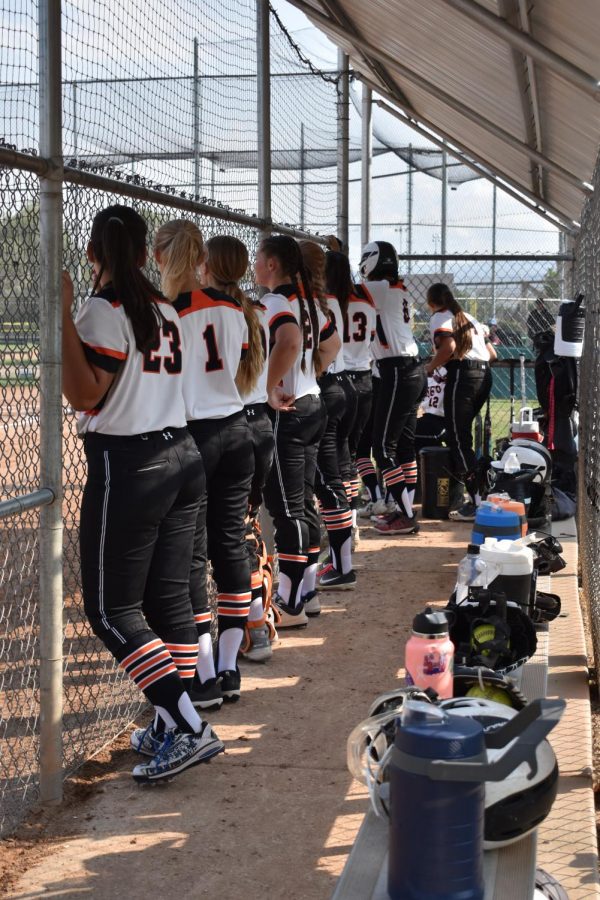Title IX to be refined?
Title IX is a governmental act that has been in place since 1972. Despite this, it is still a highly controversial subject. It states that “no person in the United States shall, on the basis of sex, be excluded from participation in, be denied the benefits of, or be subjected to discrimination under any education program or activity receiving Federal financial assistance.”
This has many implications across educational facilities across the country, and even has impacts on many student athletes. Title IX is highly beneficial to many students and aims to provide equal opportunities for both male and female students. It should not be cast away as some people suggest, however, there are also aspects of it that are outdated, causing Title IX to create new issues.
Title IX is most clearly impactful in the area of college athletics, where it requires schools to have a number of athletic participation slots that are proportional to the male to female ratio that a school possesses. This requirement can present many great opportunities for female athletes, especially those who play sports that do not bring in large amounts of spectators or revenue. Historically, women’s sports have a lower spectator turnout and less participation than high profile men’s sports. Without these requirements, there would be nothing stopping corrupt NCAA officials from pouring a school’s entire athletic budget into the football team in an attempt to make money, and in the process completely pushing female student athletes to the side.
Title IX also provides many great resources to members of all genders who have fallen victim to discrimination or harassment due to their sex. It imposes a rule under which, if a federally funded educational institution is proven to have disregard for, or otherwise encourage this discrimination, assault, or harassment, that institution will have it’s federal funding withdrawn. This is an implication that should never be abolished, as there is no place for these acts in any setting, let alone an educational institution.
Title IX is not perfect: For some universities, it has caused them to completely cut programs, academic or athletic, simply to meet Title IX requirements. This is because these programs were primarily male, and creating equal numbers of opportunities for them was too expensive, so they were forced to completely cut them.
It also does not truly force schools into equal spending for both men’s and women’s sports. In the NCAA, women make up 53% of the population, but still only receive 40% of the funding. Despite this, it still manages to also limit choices for many men’s sports. For example, Colorado State University offers 9 sports for women, but only 5 for men, which is inherently unequal in the other direction.
Title IX has many benefits and should not be completely abolished within American Education. However, it needs to be re-examined and edited. Instead of requiring equal numbers or proportions of men and women in academic programs, Title IX should focus on providing equal opportunity equal odds of both genders being accepted into a program. A school should never be forced to cut a program simply because it is primarily male. There are drawbacks that need to be addressed as Title IX turns 50 years old in order to create true equal opportunity and eliminate sex based discrimination in public education. If anyone is interested in contacting the D51 Title IX officer email [email protected].
Your donation will support the student journalists of Grand Junction High School. Your contribution will allow us to purchase equipment and cover our annual website hosting costs.

Alondra Sanchez is a Senior at Grand Junction High School and she is a managing editor for the Orange and Black. She has been playing soccer since she...






